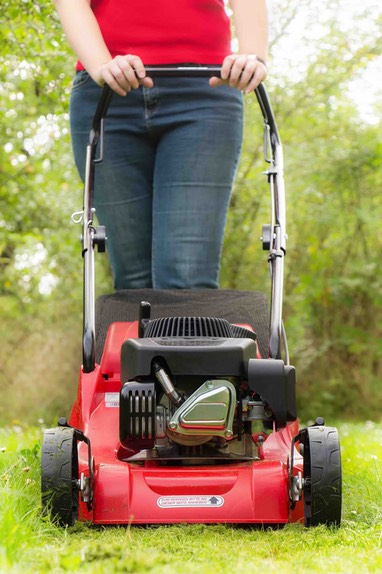The senior high school social studies class listened attentively to the guest speaker talk about overindulgence and the negative ways it impacts adult lives. At the close of the session one student asked, “If we think we are being overindulged, what can we do about it?” After a moment’s thought, the speaker said, “Do chores.” The students looked at each other. They seemed to be dismayed. Finally a boy in a football jersey said, “Clarisa Johnson (not her real name) does chores.” Others chimed in. “Yeah. I know her. She does do chores.” “Mrs. Clarke, we know a girl who does chores.” It was clear that not one of the 27 young people in the room did chores. These are good kids. Good kids who are only a few steps away from being adults. What’s going on here?

The most frequent complaint adults who had been overindulged as children reported in the overindulgence research project was, “I didn’t have to do chores.” They told us they were embarrassed at not knowing how to do things that other adults all seemed to know how to do. They complained about not knowing how to do life skills like cooking, shopping for food, caring for clothing, doing laundry, cleaning their houses, maintaining their cars, balancing their checkbooks, you name it.
“Why don’t you do chores?” the teacher asked. The answers varied.
· “I’m in too many activities to do chores. I don’t have time.”
· “Parents don’t have time to make me do them.”
· “There aren’t any chores to do.”
· “I don’t like to do chores.”
Each of these situations would be easy to slide into. Overindulgence comes from a parent’s good heart, but what starts as a coping skill often becomes a habit.
What is a parent to do? Forgive yourself and take action!
The kids said, “I’m in too many activities to do chores.”
List the activities. Which ones include important life skills? Which ones won’t make any difference at age forty? Do you decide what to cut back, or does your child choose? Will your child resist? Possibly. Some children try hissy fits and others just act relieved. The number of activities your child engages in is really your decision. You are the parent.
The kids said, “Parents don’t have time to make me do them.”
When we had children we bought the contract of taking the time to raise them. It’s not always easy. One dad changed his workout times to be home to do chores with his kids. One mom resigned from a committee to make time. One dad cut back on his TV sports watching. One couple even moved to shorten their commute times. Drastic? Yup. But they did it. Did the kids complain? Yup. But the parents were being the parents. And more kids did chores.

The kids said, “There aren’t any chores to do.”
One family let the lawn service go. An apartment dwelling family cut their housekeeping service in half. One dad stopped taking his car through the car wash and sent it through the kid wash. If the doctor told you that you needed to supervise your child doing certain remedial exercises every day, you would find the time. Think of chores as preventative medicine.
The kids said, “I don’t like to do chores.”
So? It’s not your job to make your child happy. It’s up to him to learn to be happy, and if he won’t do that about chores, that’s his decision. Not yours. Reassure yourself that he is learning important life skills, and remember that nowhere is it written that children must like doing chores.
There is more help about avoiding overindulgence in How Much is Too Much? Raising Likable, Responsible, Respectful Children – From Toddlers To Teens – In An Age of Overindulgence (2014, DaCapo Press Lifelong Books).
Photos from MorgueFile Free Photos


